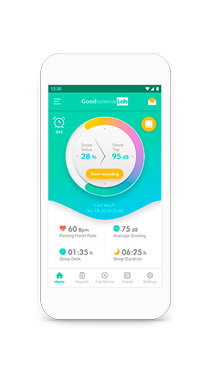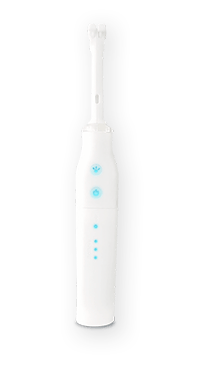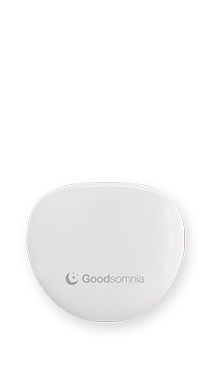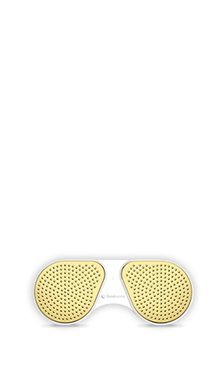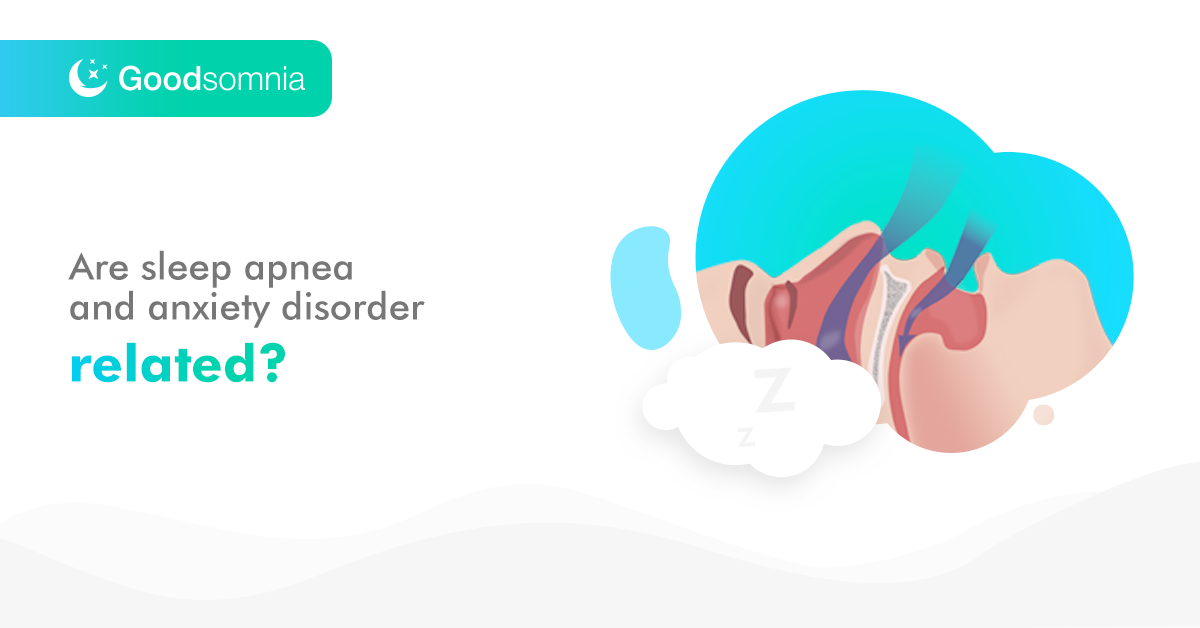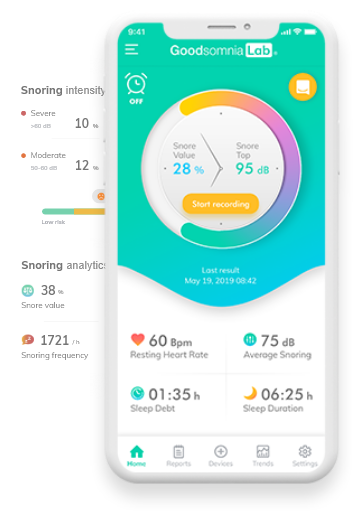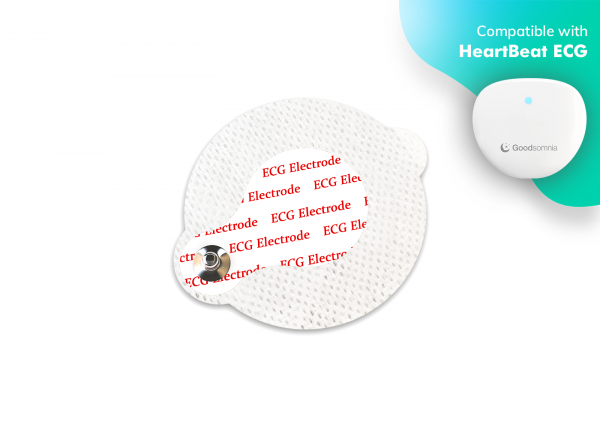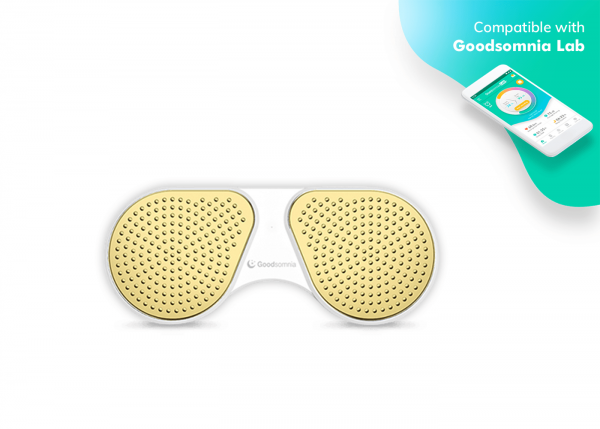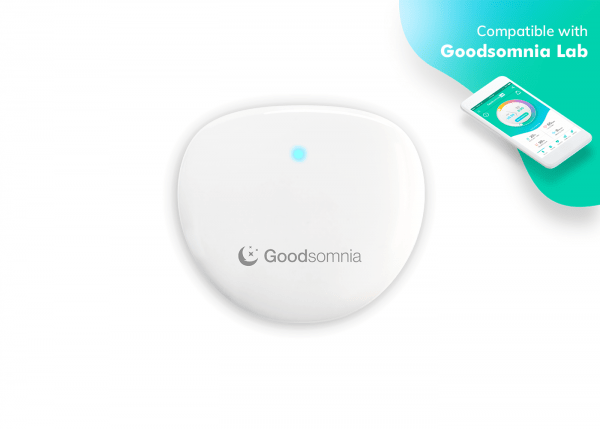What comes first anxiety or sleep apnea? Does sleep apnea cause anxiety or vice versa? Here, we’ll answer these questions and show you the connections between the two.
Sleep apnea and anxiety disorder
At first glance, it’s hard to see the relationship. No matter where we start from sleep apnea or anxiety, both are sleep and neuro issues that cannot be ignored. The essence of sleep apnea is hidden in regular breathing pauses during sleep, unbalancing airflow and, thus, impairing other body processes. In comparison to central sleep apnea, anxiety disorder is your body’s response to physiological health issues, stress, and so on.
Does anxiety cause sleep apnea?
OSA is a common cause of anxiety, but we can’t be 100% sure that anxiety causes sleep apnea or not. Most researchers come to the point that stress can disturb good sleep which can eventually aggravate sleep apnea. Still, it’s important to note that while anxiety and sleep apnea often go together, one doesn’t necessarily cause the other. However, even a basic correlation between anxiety and sleep apnea, you can see people who are anxious by nature suffer sleep deprivation.
Can sleep apnea cause anxiety attacks?
Whether sleep apnea causes anxiety is a difficult question. It happens during an apnea episode. The brain receives a so-called ‘panic’ signal, which awakens the body to resume breathing. This prevents the person from having a peaceful sleep and provokes sleep apnea anxiety attacks.
On a neurochemical level sleep apnea can cause anxiety attacks in another way. These episodes may lead to ‘sleep debt’ which makes it more difficult for the brain to cope with stress. The more often a person experiences disturbed sleep, the stronger the impact is on a person’s thinking pattern and mood.
Studies show that you can get rid of anxiety in a natural way. For example, curcumin has an antidepressant-like effect and can improve your mental health.
Can sleep apnea cause anxiety and depression?
According to a new study from the Centers for Disease Control and Prevention, sleep apnea and depression are linked, regardless of factors like weight, age, sex or race. So, if you wondered can sleep apnea cause depression and anxiety? Yes, it can and usually does. Patients with sleep apnea anxiety depression may complain of symptoms like:
- sleep disruption;
- headache;
- mood changes;
- irritability and worried thoughts;
- tension;
- memory impairment;
- physical alterations, such as increased blood pressure.
You can get to know if sleep apnea or anxiety disturbs you. One is to consult a doctor. Another is to take control of your sleep with the help of an anti-snoring app, like Goodsomnia Lab. It helps you monitor sleep, detect snoring when you don’t even suspect it and notifies you whether you are at risk of sleep apnea. Ideally, combine the two.

